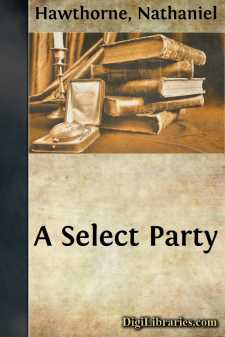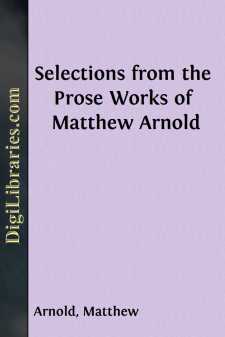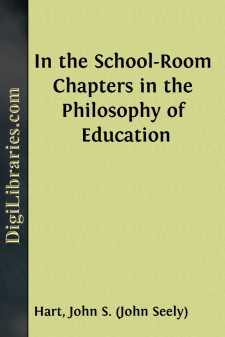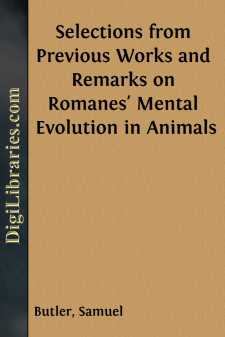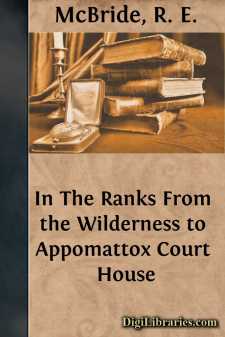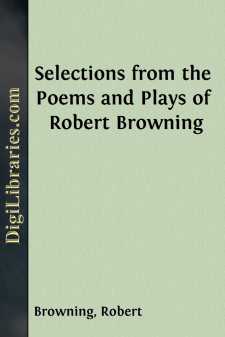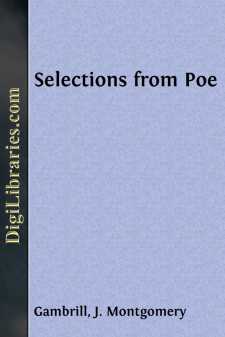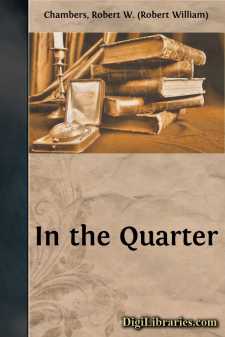Fiction
- Action & Adventure 180
- Biographical 15
- Christian 59
- Classics
- Coming of Age 5
- Contemporary Women 3
- Erotica 8
- Espionage/Intrigue 12
- Fairy Tales, Folklore & Mythology 236
- Family Life 169
- Fantasy 117
- Gay 1
- General 596
- Ghost 32
- Historical 808
- Horror 43
- Humorous 159
- Jewish 25
- Legal 4
- Medical 22
- Mystery & Detective 315
- Political 49
- Psychological 41
- Religious 64
- Romance 158
- Sagas 11
- Science Fiction 730
- Sea Stories 113
- Short Stories (single author) 537
- Sports 10
- Suspense 1
- Technological 8
- Thrillers 2
- Urban Life 31
- Visionary & Metaphysical 1
- War & Military 173
- Westerns 199
Classics Books
Sort by:
The man of fancy made an entertainment at one of his castles in the air, and invited a select number of distinguished personages to favor him with their presence. The mansion, though less splendid than many that have been situated in the same region, was nevertheless of a magnificence such as is seldom witnessed by those acquainted only with terrestrial architecture. Its strong foundations and massive...
more...
by:
Matthew Arnold
I [Sidenote: Life and Personality] "The gray hairs on my head are becoming more and more numerous, and I sometimes grow impatient of getting old amidst a press of occupations and labor for which, after all, I was not born. But we are not here to have facilities found us for doing the work we like, but to make them." This sentence, written in a letter to his mother in his fortieth year,...
more...
I.WHAT IS TEACHING? In the first place, teaching is not simply telling. A class may be told a thing twenty times over, and yet not know it. Talking to a class is not necessarily teaching. I have known many teachers who were brimful of information, and were good talkers, and who discoursed to their classes with ready utterance a large part of the time allotted to instruction; yet an examination of their...
more...
by:
Samuel Butler
PREFACE. I delayed these pages some weeks in order to give Mr. Romanes an opportunity of explaining his statement that Canon Kingsley wrote about instinct and inherited memory in Nature, Jan. 18, 1867. I wrote to the Athenæum (Jan. 26, 1884) and pointed out that Nature did not begin to appear till nearly three years after the date given by Mr. Romanes, and that there was nothing from Canon Kingsley...
more...
by:
R. E. McBride
PREFACE. In giving this book to the public we do so under the same plea which justifies those pleasant gatherings called "reunions," where men of the same regiment, corps, or army, meet to extend friendly greetings to each other, to friends, and all comrades in arms. The writer has found it a pleasant task to recall the scenes of fifteen years ago, when, a mere boy in years, he had a part in...
more...
by:
Robert Browning
THE LIFE OF BROWNING Robert Browning, the poet, was the third of that name. The first Robert Browning, a man of energy and ability, held an important post in the Bank of England. His wife, Margaret Tittle, was a Creole from the West Indies, and at the time of her marriage her property was still in the estates owned by her father near St. Kitts. When their son, the second Robert, was seven years of age,...
more...
INTRODUCTION EDGAR ALLAN POE: HIS LIFE, CHARACTER, AND ART Edgar Allan Poe is in many respects the most fascinating figure in American literature. His life, touched by the extremes of fortune, was on the whole more unhappy than that of any other of our prominent men of letters. His character was strangely complex, and was the subject of misunderstanding during his life and of heated dispute after his...
more...
``Your father will be delighted to take you wherever there is a probability of breaking both your necks, my dear,'' said Mrs Dene. ``Griffin!'' said Ruth, giving her hand a loving little squeeze under the table. Loisl came up with his zither and they all made way before him. Anna placed a small lantern on the table and the light fell on the handsome bearded...
more...
CHAPTER I THE WORLD WITHOUT MAN It lay apparently afloat on the sluggish, faintly discolored tide––a placid, horse-faced, shovel-nosed head, with bumpy holes for ears and immense round eyes of a somewhat anxious mildness. The anxiety in the great eyes was not without reason, for their owner had just arrived in the tepid and teeming waters of this estuary, and the creatures which he had already seen...
more...
by:
Epictetus
A SELECTION FROM THE DISCOURSES OF EPICTETUS. OF THE THINGS WHICH ARE IN OUR POWER AND NOT IN OUR POWER.—Of all the faculties (except that which I shall soon mention), you will find not one which is capable of contemplating itself, and, consequently, not capable either of approving or disapproving. How far does the grammatic art possess the contemplating power? As far as forming a judgment about what...
more...


